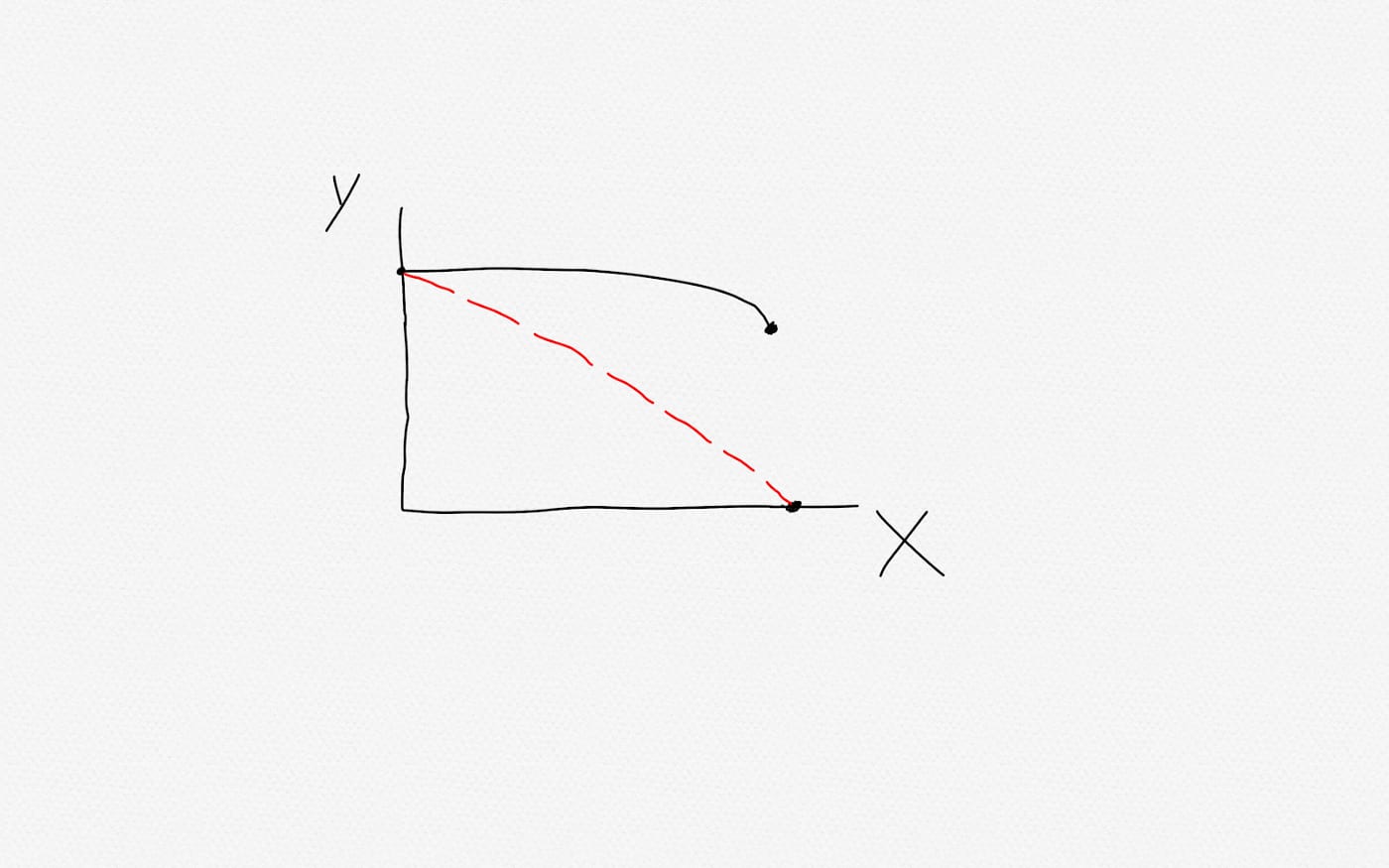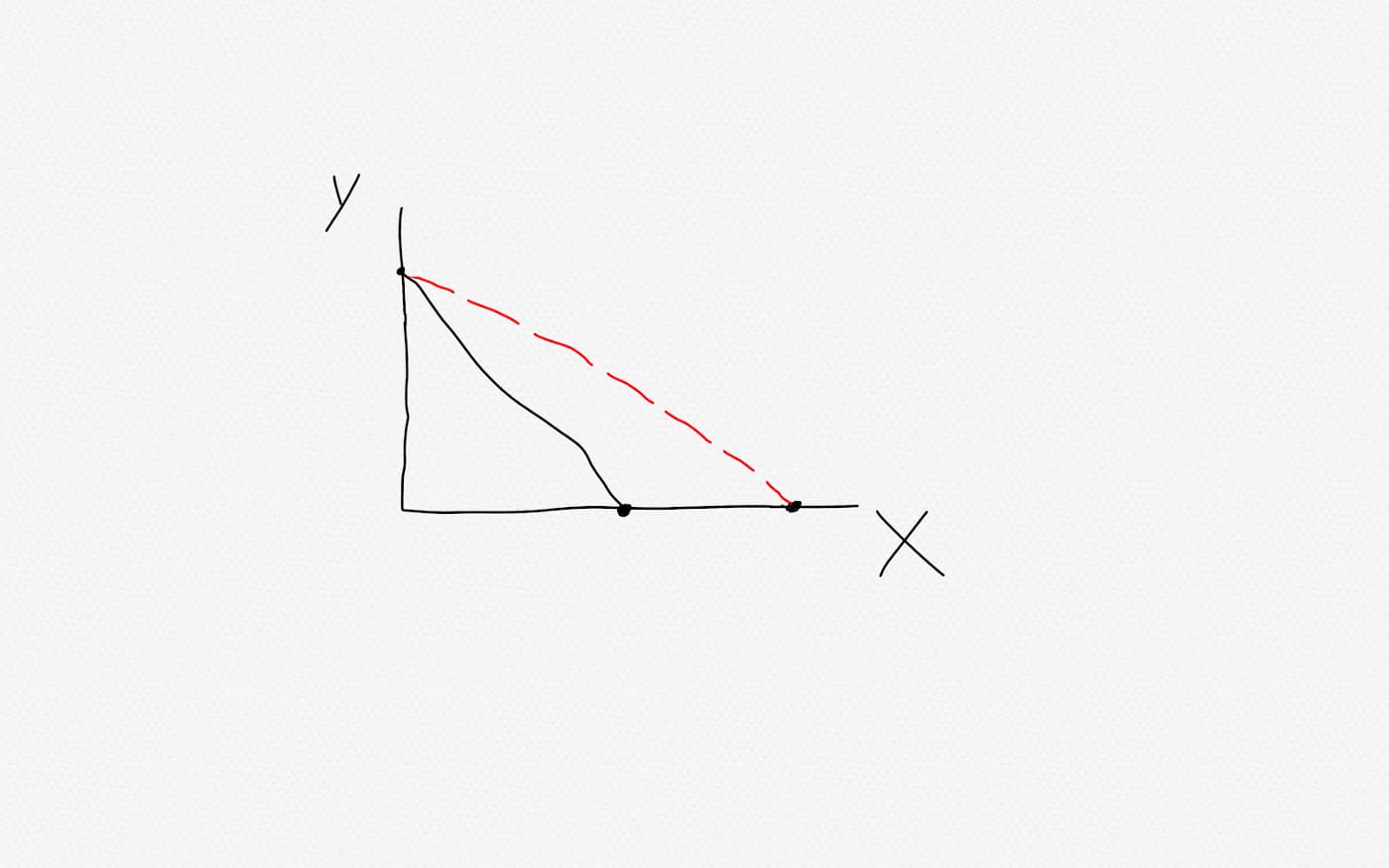Scrum: Scrum is an agile framework used for managing complex projects. It emphasizes iterative development, teamwork, and continuous feedback. This skill is measured in the test because a Scrum Master needs to have a deep understanding of Scrum principles and practices to effectively facilitate the development process.
Agile Framework: The Agile framework is an iterative approach to project management and software development. It promotes adaptive planning, evolutionary development, and early delivery. Measuring this skill in the test helps recruiters assess a Scrum Master's ability to apply Agile principles and practices in a real-world context.
Sprint Planning: Sprint planning is a collaborative meeting where the Scrum team defines the work to be done in a sprint. It involves selecting user stories from the product backlog, estimating effort, and creating a sprint backlog. This skill is measured in the test to evaluate a Scrum Master's proficiency in guiding the team through effective sprint planning, ensuring realistic commitments and prioritization.
Product Backlog: The product backlog is a prioritized list of desired product features, enhancements, and defects. It serves as the single source of requirements for the Scrum team. Assessing this skill in the test helps recruiters gauge a Scrum Master's understanding of how to manage and refine the product backlog, ensuring that it is well-groomed and aligns with the overall product vision.
User Stories: A user story is a concise, informal description of a desired software feature. It focuses on the end user's perspective and serves as a placeholder for a conversation between the development team and stakeholders. Measuring this skill in the test enables recruiters to assess a Scrum Master's ability to create, refine, and prioritize user stories effectively, ensuring clear communication and shared understanding.
Iteration Review: Iteration review, also known as sprint review, is a collaborative meeting where the Scrum team presents the work completed during a sprint to stakeholders. It provides an opportunity to gather feedback, adapt the product backlog, and plan next steps. This skill is measured in the test to evaluate a Scrum Master's proficiency in facilitating productive iteration review meetings, ensuring valuable insights and continuous improvement.
Daily Stand-up: The daily stand-up is a short, timeboxed meeting held by the Scrum team to synchronize work and identify any impediments. It involves each team member sharing what they did, what they plan to do, and if they have any challenges. Assessing this skill in the test helps recruiters assess a Scrum Master's ability to facilitate effective daily stand-ups, ensuring transparency, collaboration, and alignment within the team.
Retrospective: The retrospective is a structured meeting where the Scrum team reflects on the past sprint and identifies areas for improvement. It focuses on learning from experiences and continuously enhancing the team's performance. Measuring this skill in the test enables recruiters to evaluate a Scrum Master's proficiency in conducting retrospectives that foster a safe environment for open communication, constructive feedback, and actionable improvement plans.
Scrum Artifacts: Scrum artifacts are the tangible deliverables that provide transparency and opportunities for inspection and adaptation in Scrum. They include the product backlog, sprint backlog, and increment. Evaluating this skill in the test helps recruiters assess a Scrum Master's understanding of how to effectively manage and utilize Scrum artifacts to support the development process and ensure product value.
Scrum Roles: Scrum roles define the accountabilities and responsibilities within the Scrum framework. These roles include the Scrum Master, Product Owner, and Development Team. This skill is measured in the test to evaluate a Scrum Master's knowledge of the different roles, their interactions, and their impact on Scrum implementation and project success.
Scrum Events: Scrum events are timeboxed ceremonies that provide regular and predictable opportunities for inspection and adaptation in Scrum. They include sprint planning, daily stand-up, iteration review, and retrospective. Assessing this skill in the test enables recruiters to evaluate a Scrum Master's understanding of the purpose, flow, and facilitation techniques for each Scrum event, ensuring effective collaboration and continuous improvement.






















































